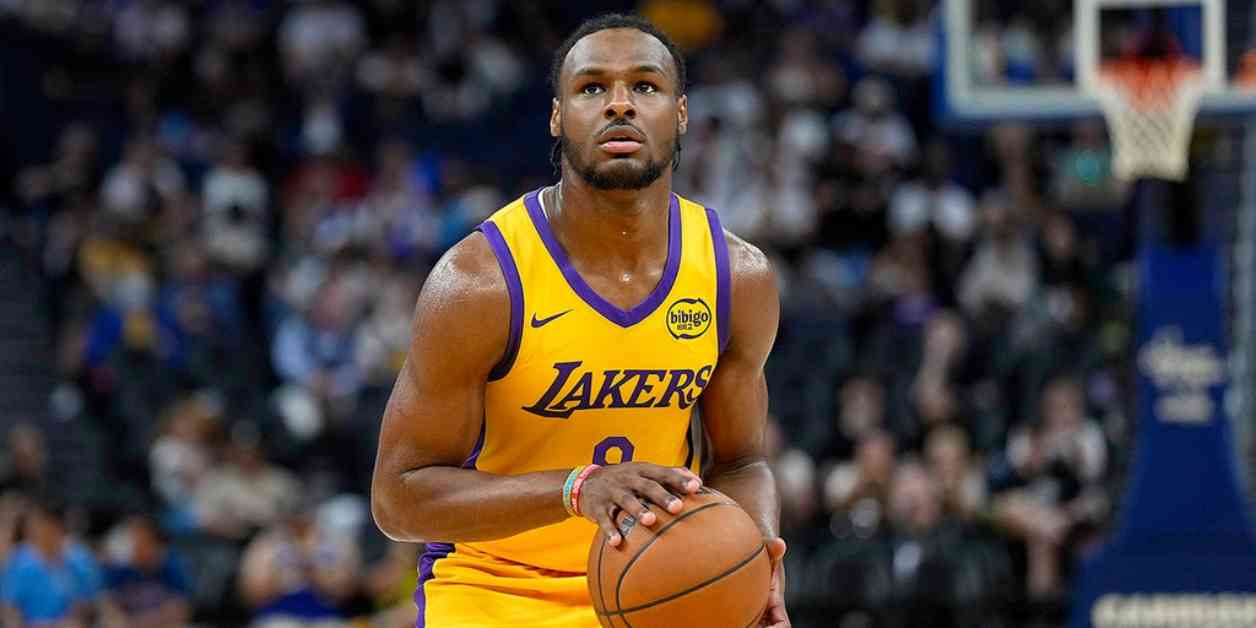Enes Kanter Freedom has joined the chorus of voices criticizing nepotism in the NBA. The recent draft of Bronny James, son of LeBron James, by the Los Angeles Lakers as the 55th overall pick has sparked controversy. Despite doubts from scouts about his NBA potential after a lackluster season at USC, Bronny was selected by his father’s team.
Some have questioned the decision, including Kanter Freedom, who pointed out that Bronny’s draft may have been influenced by LeBron’s presence in the Lakers organization. Kanter Freedom mentioned that Bronny’s selection and even the hiring of JJ Redick as a coach are connected to LeBron. He went on to suggest that Bronny is the only player willing to team up with LeBron, as other free agents may be hesitant to join due to concerns about LeBron’s dominance in decision-making.
Kanter Freedom further criticized LeBron, calling him a “dictator” in the NBA who controls the media and narratives around him. He claimed that players are aware of LeBron’s influence and may face consequences if they go against his agenda. Despite LeBron’s stature in the league, Kanter Freedom implied that not all players are eager to play alongside him due to the perceived challenges of working with him.
Bronny’s performance in the Summer League games has been modest, with single-digit point totals in each outing. As the debate over his draft continues, it raises questions about the role of family connections and star power in shaping NBA decisions.
In a league where talent and merit are crucial, the spotlight on Bronny’s draft highlights the complexities of navigating relationships and expectations in professional basketball. As the NBA season approaches, the dynamics between players, teams, and influential figures like LeBron will continue to be scrutinized. The conversation sparked by Bronny’s draft may lead to broader discussions about fairness, opportunity, and the balance of power within the league.


















